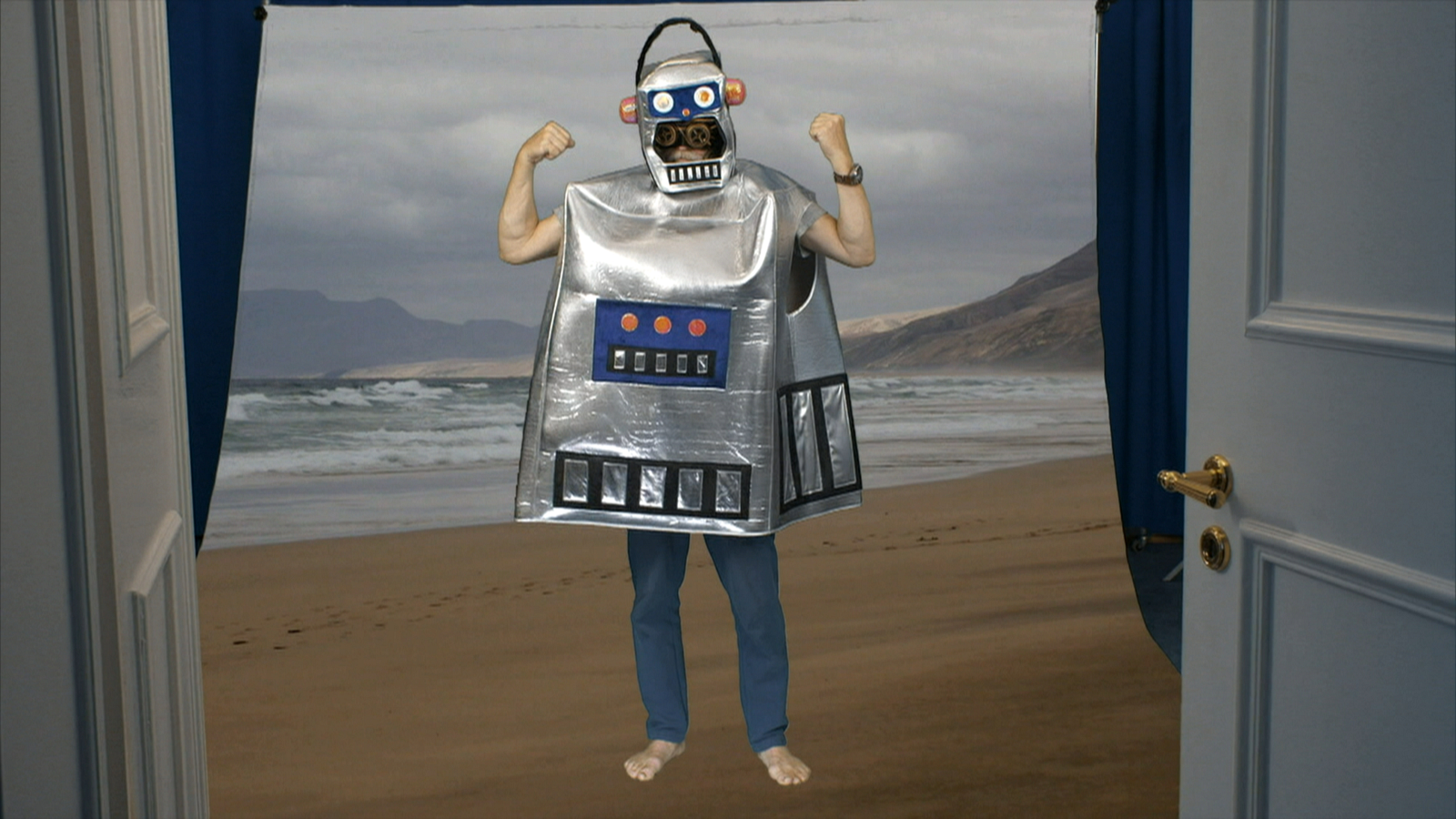Opening Days
January 10–13, 2019
John-Foster-Dulles-Allee 10
10557 Berlin
Germany
T +49 30 397870
F +49 30 3948679
info@hkw.de
Are algorithms, the binary code and our DNA the alphabets of today? The current explosion of knowledge is accompanied by the segmentation of the world into tiny units. The binary code—with only two elements the greatest abstraction of the alphabetical principle—makes the polymorphism of the analog calculable.
Projects in synthetic biology and artificial intelligence are based on an interpretation of life as a code that can be decrypted and thus manipulated. How objective are data? How do they counter or reproduce existing structures of power and property? What are they hiding? Who dominates the new order of knowledge? And which ethical questions are raised? What happens between 1 and 0?
Until 2021, The New Alphabet will spell out both utopias and dystopias.
To seek out answers to these questions of our contemporary condition, artists, musicians, scientists, scholars, and activists will gather at HKW from January 10–13, 2019. In performances, concerts, talks, films, and installations, they will explore instants of alphabetization from the Baroque to the present day.
The Opening Days start with an evening about the obstinacy of human expression and the poetic power of theory. In the walk-in-theater From Zed to Omega, renowned film maker and artist Alexander Kluge hosts five panels on robotics and evolutionary linguistics, from the invention of writing to the DNA and molecular coding. The session The Three Tongues You Speak in Your Sleep with Emily Apter addresses the politics of translation and multilingualism and the hegemony of the English language in intellectual and artistic discourses. Alphabets are not the only way to generate meaning and there are many things they overwrite: In The Discrete Charm of the Alphabet with Sybille Krämer and Yuk Hui, a flavor brings back the repressed memories of media history. The Archive Suite, curated by Karin Harrasser, is dedicated to the vulnerability of colonial archives and musically investigates how different writing cultures encountered each other. Stop Making Sense with artist Hito Steyerl, AI-developer Luc Steels and AI-critic Kate Crawford will discuss ethical questions in regard to Artificial Intelligence development based on linguistic training sets which contain the biases of contemporary society. Outside of the segmented units of alphabetic letters and binary codes there are multiple creole ways of writing and coding: In West African textile production presented by Filipa César in Looming Creole as well as in black contemporary dance by the Black Guiris Collective in their Blackening Wikipedia performance. Virtual worlds have always existed –and have always been hacked and recoded.
Film installations by Giulia Bruno & Armin Linke, Filipa César, and Alexander Kluge, cocoons by knowbotiq, a multilingual karaoke station by Fehras Publishing Practices, and a scenography by Raumlabor Berlin, invite visitors to navigate through the infrastructures of new alphabets.
At the international campus (Un-)Learning Place, curated by Boris Buden and Olga von Schubert, eight Berlin artist-, curator- and activist-collectives, together with 80 participants, develop transdisciplinary, decolonial and antihegemonic strategies in relation to data-based knowledge, translation, archives, and embodied infrastructures.
Curated by Bernd Scherer and Olga von Schubert.
Opening Days with: Emily Apter, Gigi Argyropoulou, ASSET Productions, Kader Attia, Philip Banse, Joana Barrios, Matthias Bauer, Sandeep Bhagwati, Sören Birke, Felix Borel, Giulia Bruno, Boris Buden, Filipa César, Rosa César Waschke, Ann Cotten, Kate Crawford, Lorraine Daston, Marinho de Pina, Felix Del Tredici, Simon Denny, Gabriel Dharmoo, diffrakt – centre for theoretical periphery, Each One Teach One (EOTO) e.V., Philipp Ekardt, Tarek El-Ariss, Peter Evans, Fehras Publishing Practices, Paul Feigelfeld, Christian Filips, Lamin Fofana, Ivonne González & The Black Guiris Collective, Beatrice Gründler, Harald Haarmann, Karin Harrasser, Andrej Heinke, Sir Henry, Hannelore Hoger, Yuk Hui, Klaus Janek, Jieun Kang, Gilly Karjevsky, Ernst Kausen, Michael Kiedaisch, Alexander Kluge, knowbotiq & Claudia de Serpa Soares, Sybille Krämer, Johannes Krause, Jürgen Kruse, Muhammed Lamin Jadama, Britta Lange, Vincenzo Latronico, Ben Lerner, Yang Lian, Armin Linke, Giuseppe Longo, Olivier Marboeuf, Diana McCarty, MEHL (Marian Kaiser, Jonas Loh, Claude Schötz), Christoph Menke, Yucef Merhi, Cathy Milliken, Andrea Moses, Jin Mustafa, Hans Ulrich Obrist, Lance Olsen, Trevor Paglen, Hermann Parzinger, Tom Pauwels, Raumlabor Berlin, Eva Reiter, Scott Roller, Éric Sadin, Peter Schäfer, Helge Schneider, Odete Semedo, Slavs and Tatars, Zora Snake, Ravi Srinivasan, Felix Stalder, Luc Steels, Hito Steyerl, Christoph Streckhardt, Tactical Technology Collective, Yoko Tawada, David Taylor, Telekommunisten, Thomas Thiede, Nicoline van Harskamp, Joseph Vogl, Dirk von Lowtzow, Saliha Pondingo von Medem, Julia Voss, Leonardo Waisman, Mark Waschke, Wu Wei, Nelly Yaa Pinkrah, and others.
The New Alphabet is supported by the Federal Government Commissioner for Culture and the Media due to a ruling of the German Bundestag. The educational program will be developed in collaboration with the GfZK, Museum of Contemporary Art Leipzig. Haus der Kulturen der Welt is supported by the Federal Government Commissioner for Culture and the Media as well as the Federal Foreign Office. Looming Creole is supported by the Calouste Gulbenkian Foundation, Lisbon; Tabakalera, San Sebastián; Medienboard Berlin-Brandenburg; Camões Institute/Embassy of Portugal in Germany; Institute for Biodiversity and Protected Areas, Guinea-Bissau. In collaboration with Cadjigue Collective, Volte Slagen, and Spectre Productions.
Press Contact:
Anne Maier
Haus der Kulturen der Welt
anne.maier [at] hkw.de
T +49 (0)30 39787 153/196


